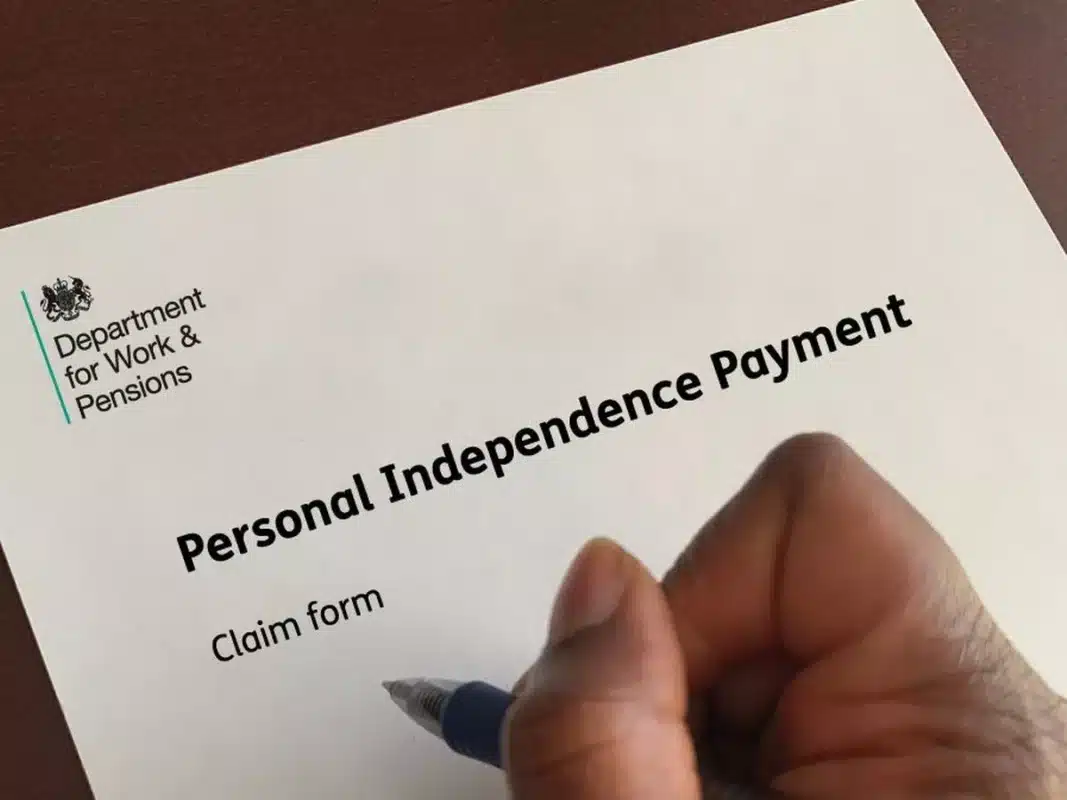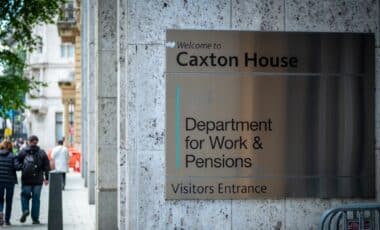Major changes to the Personal Independence Payment (PIP) have been confirmed by the UK government in the Spring Statement 2025, sparking concern among disability advocates and policy analysts. According to GB News, the Department for Work and Pensions (DWP) will tighten eligibility criteria for PIP starting November 2026, as part of a broader plan to reduce welfare spending by £4.8 billion. The reforms could result in up to 800,000 people losing access to this vital support.
Stricter Eligibility Criteria and Scoring Thresholds
At the heart of the reform is a change to the PIP points-based system, which assesses a person’s entitlement based on their ability to perform daily living and mobility tasks. Under the new rules, applicants must score at least 4 points in the daily living activities section to be eligible. This threshold will apply to both new claimants and, eventually, existing recipients when reassessed.
This adjustment is expected to disqualify hundreds of thousands of individuals whose impairments do not meet the new benchmark, including many with mental health challenges or fluctuating physical conditions. Critics argue that the scoring system already struggles to capture the realities of living with invisible or variable disabilities.
Broader Welfare Cuts and Economic Justification
The PIP changes are part of a wider package of welfare reforms intended to reduce public spending and shift more people into work. The government claims that the current growth in disability benefits is unsustainable and that some individuals receiving PIP could be better supported through employment and community services.
In total, the reforms outlined in the Spring Budget could affect three million households, with some families expected to lose an average of £1,720 per year in benefits. Ministers argue that the reforms are necessary to restore fiscal stability and reduce long-term dependency on the welfare system.
Warnings From Economists and Advocacy Groups
Economic and social policy experts have raised alarm about the long-term consequences of these cuts, warning that the strategy may backfire by increasing social costs elsewhere. Hannah Peaker, deputy chief executive of the New Economics Foundation, criticised the approach:
“It is extraordinary to think that the chancellor has been pushing through cuts to benefits that provide a lifeline to millions of ill and disabled people without a clear understanding of the impact.”
She added that the government’s decisions appear driven more by fiscal constraints than evidence-based planning:
“This is what happens when departments are forced to scramble for cuts to meet arbitrary fiscal rules, and it is simply no way to run an economy.”
Peaker also warned of severe social repercussions:
“Cutting benefits for this group will push people into poverty and poorer health, and will harm rather than help the state of our economy.”
Concerns Over Mental Health and Complex Needs
Mental health campaigners are particularly concerned that the revised eligibility criteria will disproportionately affect those whose impairments are not easily quantified. Many fear that individuals with anxiety, depression, PTSD, or chronic pain—conditions which often lack visible symptoms—may find it increasingly difficult to secure support under the revised rules.
Charities and legal advisers have also highlighted the risk of appeals and tribunal cases increasing as claimants challenge PIP decisions under the new system, adding pressure to an already overstretched assessment and appeals framework.









